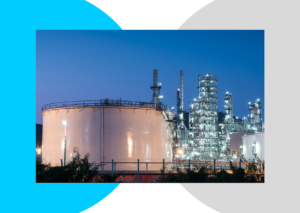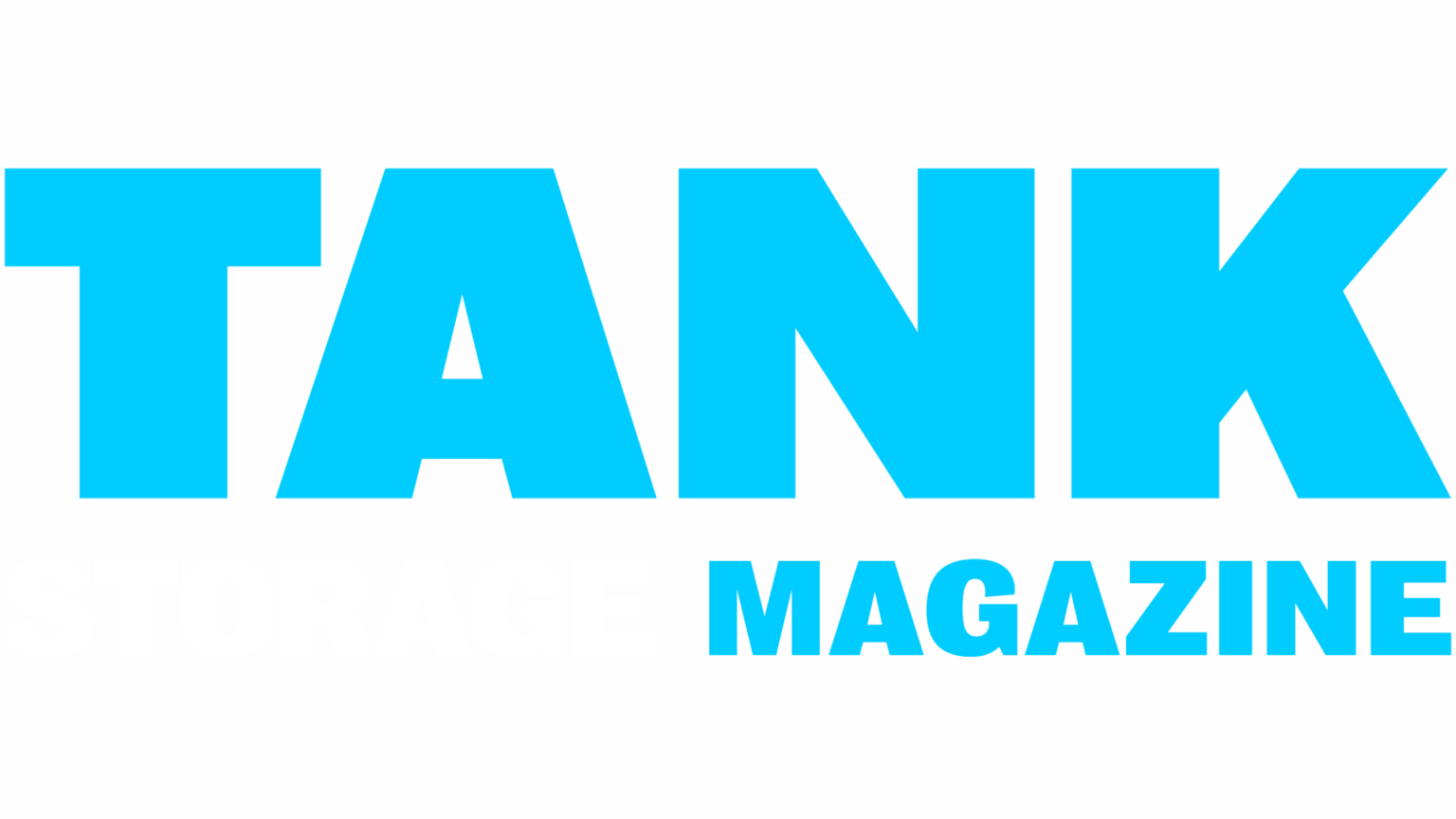World Hydrogen Week took place in Rotterdam, the Netherlands, from 9-13 October 2023. Tank Storage Magazine is proud to be a media partner of a forward-thinking event that fosters discussion and collaboration, sharing insights into the ever-evolving world of hydrogen as a versatile and sustainable energy carrier. Shedding light on the latest developments and future prospects in the hydrogen industry, the conference was full of innovative ideas, debates, information and more. The green hydrogen revolution While green hydrogen is the preferred option to decarbonise hard-to-electrify sectors, it remains more expensive to produce than blue hydrogen. Despite this, green hydrogen […]
This post is only available to members. Please login below, or purchase Tank Storage Magazine Subscription – Print & Digital Subscription or Tank Storage Magazine Subscription – Digital Subscription to access this post.
log in
log in









